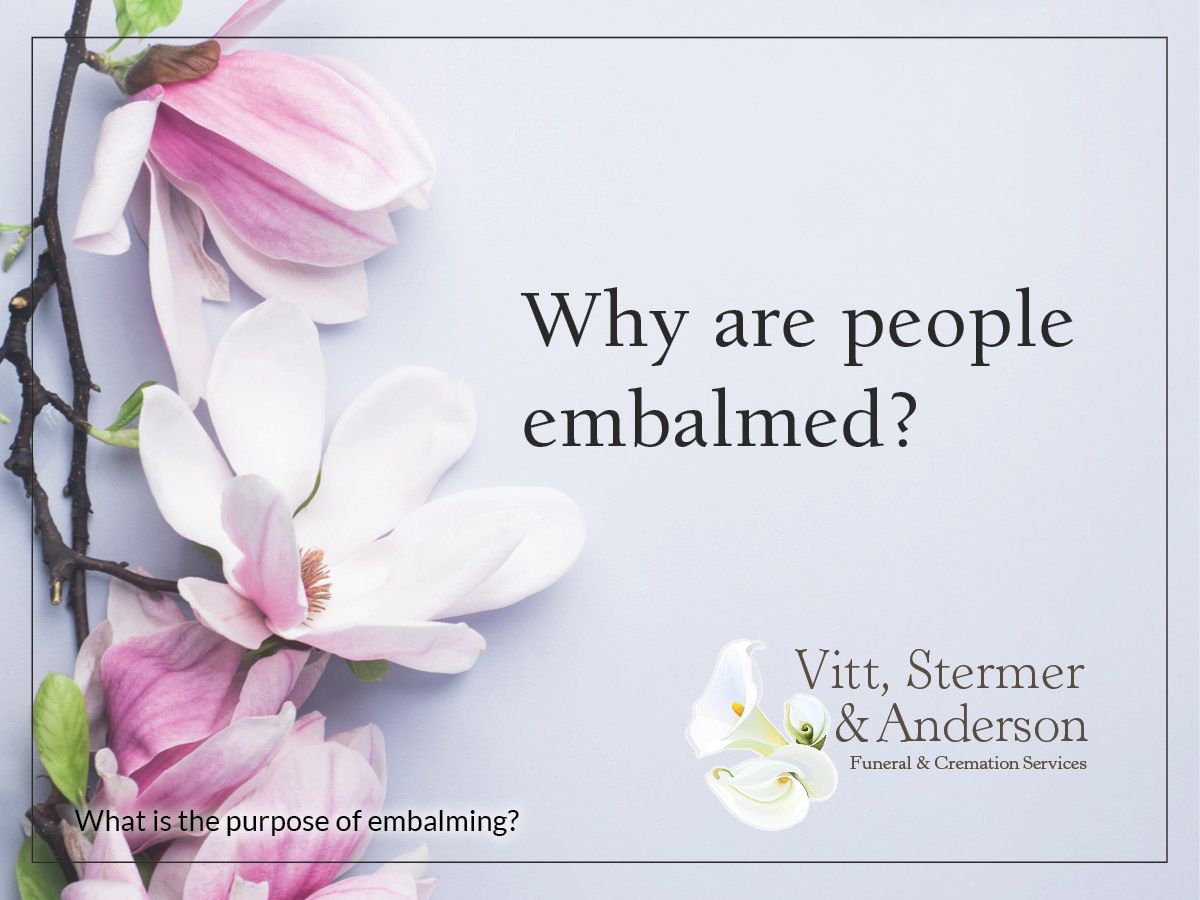Preparing for a Funeral: What Should be Buried with a Loved One?
Saying goodbye to a loved one is never easy. What you do to say goodbye can also affect how you feel while you grieve. While there’s no right or wrong way to say goodbye, burying something special with your loved one can help you feel more connected to them and remind yourself how much they were loved. But what should you bury with them? While the most important thing is that you’re burying something that mattered to them in life, here are a few ideas to help you decide.
What Can Be Buried With a Loved One
1. Copies of beloved photos
Parting with photos that mean a lot to you may be too difficult, but burying such images is a beautiful way to pay tribute to the memories that you will forever hold of them. Before you bury any photos, be sure that you either have another copy of them already or make another copy to bury instead of giving up the original.
2. Handwritten letters
When someone is coming to the end of their life, it’s hard to know what to say. And we don’t all get the chance to say goodbye before they pass away. Burying your loved one with letters of what you wish to tell them can provide some closure for you. It gives you a chance to write down your feelings and know that those words will be with your loved one forever.
3. Prayers
If your loved one was religious, in addition to letters, you could also write down their favorite prayers or prayers that mean a lot to you in your time of grief. You could ask your funeral guests to provide prayers that have a lot of meaning for them as well. Such powerful messages can give you and your family comfort as you grieve. You could also keep a copy of the prayer you buried to be said with your own daily prayers, a way for you to forever stay connected to the spirit of your loved one.
4. Books
If your loved one had a favorite book or a book that meant a lot to them throughout their life, you might want to bury it with them. Books don’t take up too much space in a casket, but it’s also a way for you to symbolically give them something to have in their afterlife. What better way for them to spend their forever than by being with the book that they carried around their whole life?
5. Their favorite childhood toy
Many of us had a favorite stuffed animal growing up, and those of us who did still have a place for that unique creature in adulthood. Even if we don’t play with them anymore, they may be kept in a keepsake box, or they could be stored away for future generations. But when a loved one passes away, burying them with their favorite childhood toy can be a way to symbolize giving them comfort in the next life.
6. The ashes of their loved one
If your loved one had a spouse or child pass on before them who was cremated, you might want to bury them with their loved one. It’s a way for them to spend eternity together. Always check with the cemetery before attempting to bury ashes with your loved one, as the cemetery may have certain rules in place.
7. Jewelry
If there’s a special piece of jewelry that your loved one always wore, you may want to keep it for sentimental reasons. But if not, you could bury it with your loved one instead. You may want that loved one to always have the jewelry that you picture them with, like their wedding bands or a family locket. Just be sure you confirm with the cemetery that you want them buried with their jewelry on.
What Can’t Be Buried With a Loved One
Overall, most objects can be buried with a loved one, as long as they don’t take up too much space in the casket. There are more rules when it comes to cremation. Anything combustible can’t go into a coffin that’s set to be cremated. Clothing or accessories with treated latex, vinyl, and leather also can’t be in the coffin as burning them releases harmful emissions into the air. But in terms of burying something with a loved one, there are fewer restrictions, though there are a few notable rules about what you can’t bury.
1. The ashes of a beloved pet
Many people wish to be buried with their pets, but unfortunately, most cemeteries won’t allow this. In fact, it’s not always the cemetery’s choice. Some states put restrictions upon burying animal remains in human graveyards. If you know your loved one wants to be buried with a pet, steer them toward choosing a “whole-family” cemetery that allows for the inclusion of pets.
2. Anything not bio-degradable.
This rule only applies to natural burial grounds, which have very specific restrictions about what can and can’t be buried. If your loved one chose to be buried at one of these locations, always be sure that anything being buried with them is bio-degradable and eco-friendly.
Burying a loved one with meaningful tokens and gifts is a way to pay tribute to who they were in life. Doing so can also give you and others who are grieving some closure, especially if you were unable to say goodbye in the way that you wanted to. Just be sure that what you bury with them is allowed to be buried there.












